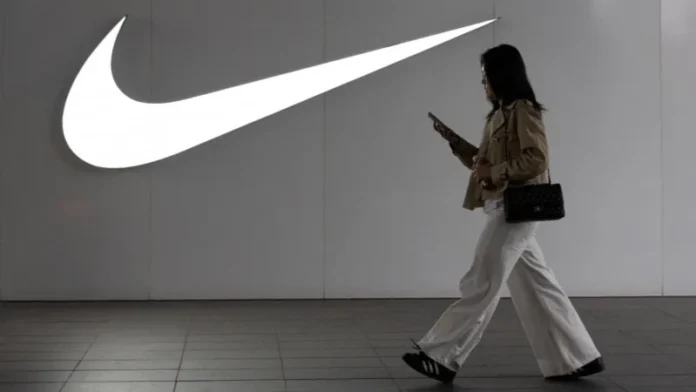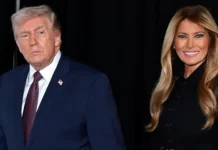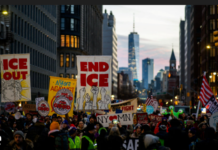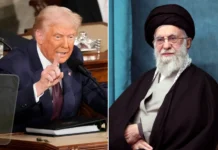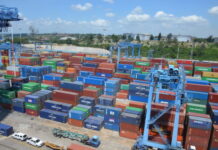Sportswear giant Nike has warned that tariffs imposed by U.S. President Donald Trump on key trading partners could raise the company’s costs by up to $1 billion this year, prompting a strategic shift in its global supply chain.
Speaking during the release of its fourth-quarter financial results on Thursday, Nike executives said they plan to significantly reduce the company’s reliance on Chinese manufacturing, which has borne the brunt of Trump’s trade policy.
“Nike is actively relocating production from China to other countries,” said Chief Financial Officer Matthew Friend. “By May 2026, we expect the share of U.S.-bound footwear made in China to fall from 16% to the high single-digit range.”
The announcement follows Trump’s sweeping “Liberation Day” tariffs unveiled on April 2, which initially imposed steep duties on imports from a broad range of countries. Although most of the tariffs were later suspended for 90 days to allow negotiations, companies like Nike have already begun adjusting operations to shield themselves from further cost shocks.
Nike, which had already announced price hikes on select shoes and apparel in early June, joins other global brands such as Adidas in warning that higher tariffs could impact consumers.
Despite the challenges, Nike’s shares surged more than 10% in extended trading after the company forecast a smaller-than-expected decline in first-quarter revenue. It also posted quarterly revenue of $11.1 billion, its weakest in more than three years, but still above analyst expectations.
Meanwhile, Trump on Thursday defended his tariff strategy, insisting talks were progressing, especially with China, and hinting at a potential deal with India. “We’re not going to make deals with everybody,” he said during White House remarks. “Some we’re just going to send them a letter, say thank you very much. You’re going to pay 25, 35, 45%.”
Commerce Secretary Howard Lutnick confirmed that the U.S. and China had reached a formal agreement involving China’s commitment to supply rare earth minerals critical to American industries. However, specifics remain unclear.
With the 90-day tariff reprieve set to expire on July 9, speculation is mounting over whether Trump will extend the deadline. White House spokesperson Karoline Leavitt downplayed the urgency, stating the deadline is “not critical” and that the administration is prepared to offer new bilateral tariff deals.
For Nike and many other global firms, the evolving U.S. trade policy is reshaping supply chains and long-term planning, with executives closely watching Washington for what comes next.
Written By Rodney Mbua









